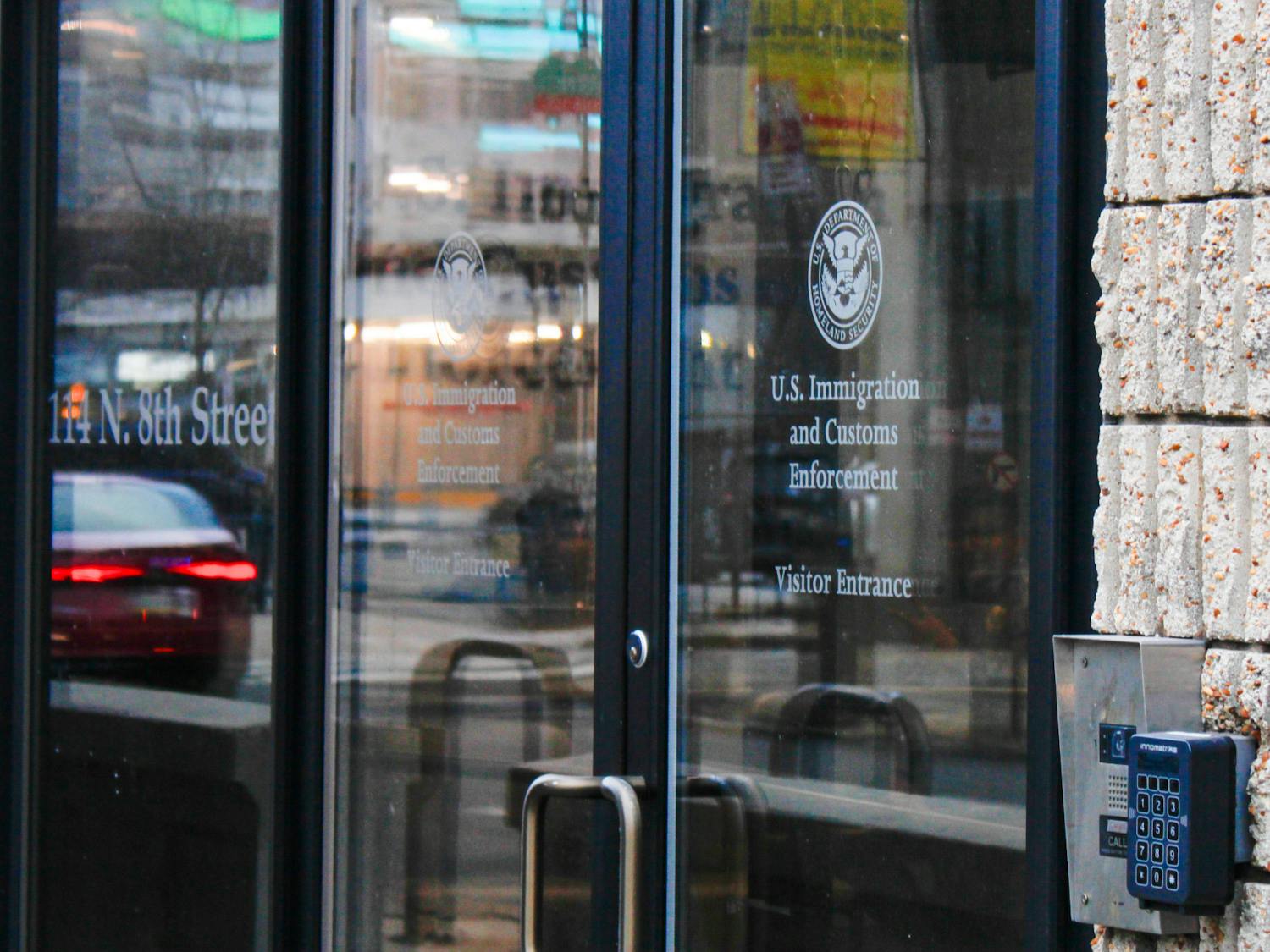Not far from campus are several neighborhoods that are home to the survivors of the horrific Cambodian genocide. These families came as refugees to the United States in the 1970s and 80s, having fled the “Killing Fields” of dictator Pol Pot as well as prolonged bombing by U.S. military forces.
Under most circumstances, Penn Law School students would be unlikely to encounter these fellow Philadelphians. But last Saturday, Penn’s Asian Pacific American Law Student Association hosted a trailblazing panel discussion. Leaders of Philadelphia’s Cambodian community joined eminent attorneys and policy advocates in spotlighting the unique challenges and remarkable persistence of local Cambodian-Americans.
The topic was serious: due to retroactive changes in U.S. immigration law, Cambodian refugees brought here as children can be deported even for minor crimes. These harsh consequences send them back to a country they barely know, whose language they may not speak. People who have survived immense trauma are thus re-traumatized.
APALSA deserves praise for its courage in spotlighting this complex issue. I send my congratulations to conference organizers.
I hope that Penn Law students who were inspired by panelist Rorng Sorn, executive director of the nonprofit Cambodian Association of Greater Philadelphia, will continue their support of her work.
Amanda Bergson-Shilcock is a 1999 graduate of the College of General Studies








